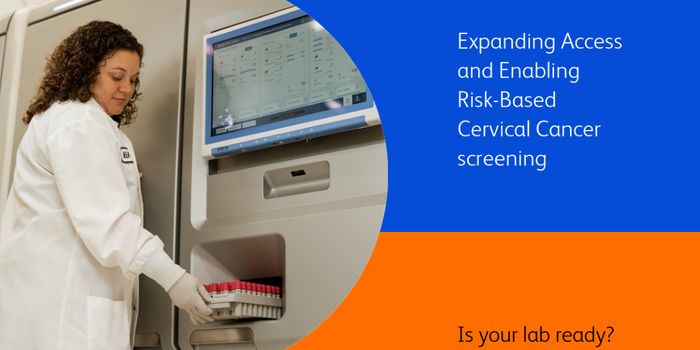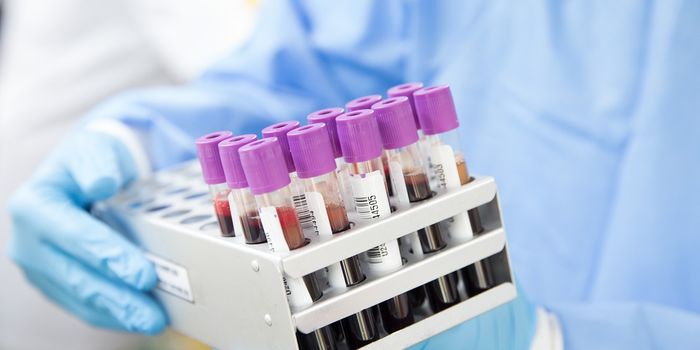A Breathalyzer for Stomach and Esophageal Cancer
In many instances, cancer can expertly conceal itself, but not its chemical compositions. Exploiting the chemical signatures of cancer is a growing field of cancer diagnostics. Now, researchers at the Imperial College London have developed a breathalyzer that picks up chemical traces for the detection of stomach and esophageal cancer.
The premise behind a breathalyzer is the detection of specific chemical footprints in our breath vapors. Specifically, the device picks up volatile organic compounds (VOCs), traces of which can reveal if you’ve had too much to drink, or if your blood glucose is too high. In the case of health and medicine, researchers are looking to adapt the breathalyzer for the non-invasive detection of diseases.
For stomach and esophageal cancer, a breathalyzer test could facilitate early detection and drastically improve survival rates. "At present the only way to diagnose esophageal cancer or stomach cancer is with endoscopy. This method is expensive, invasive and has some risk of complications,” said Sheraz Markar, an NIHR Clinical Trials Fellow from Imperial College London, who presented the research at the European Cancer Congress 2017.
"A breath test could be used as a non-invasive, first-line test to reduce the number of unnecessary endoscopies. In the longer term this could also mean earlier diagnosis and treatment, and better survival,” said Markar.
Previous research hinted at five chemicals that differed between healthy patients, and those with stomach and esophageal cancer. The chemicals include butyric, pentanoic and hexanoic acids, butanal, and decanal.
To test whether these chemical signatures can be diagnostic of cancer in patients, the team analyzed breath samples from 335 people, nearly half of whom were diagnosed with stomach and esophageal cancer.
The results revealed the test was 85 percent accurate at identifying cancer. The sensitivity was 80 and the specificity was 81.
"Because cancer cells are different to healthy ones, they produce a different mixture of chemicals. This study suggests that we may be able detect these differences and use a breath test to indicate which patients are likely to have cancer of the esophagus and stomach, and which do not. However, these findings must be validated in a larger sample of patients before the test could be used in the clinic,” said Dr. Markar.
While the study is an important milestone in a non-invasive test for stomach and esophageal cancer, the results have to be validated in larger trials comparing the accuracy of the breathalyzer to conventional endoscopy exams. If successful, trials like these can pave the way for the detection of other cancer types using the breathalyzer.
Additional sources: The European CanCer Organisation (ECCO), The Telegraph









